Cancer Epigenetics
Epigenetic Analysis of Cancer Samples
Studies of epigenetic alterations in cancer, such as aberrant methylation and altered transcription factor binding, can provide insight into important tumorigenic pathways. As altered methylation often activates or silences genes, changes in the epigenome can affect gene expression and the rate of cancer progression.
Next-generation sequencing (NGS) and microarray technologies can detect altered methylation patterns and other epigenetic changes in cancer. Illumina works with cancer epigenetics experts to ensure its NGS and array solutions meet the field's rapidly evolving needs.
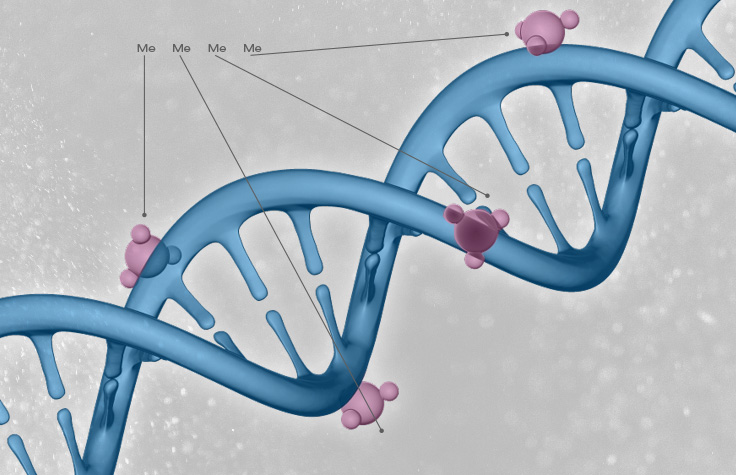
Sequencing to Study Cancer Methylation Patterns
Aberrant methylation is a common epigenetic alteration in cancer. NGS allows researchers to identify and compare methylation across the genome in cancer vs. normal cells, and gain insight into methylation patterns at a single nucleotide level.
Learn More About Methylation SequencingTracking Tumor Evolution
Dr. Christopher Mason describes how tumor evolution can be tracked by sequencing the transcriptome, epigenome, and epitranscriptome.
Arrays for Analyzing Epigenetic Changes in Cancer
Methylation microarrays enable epigenome-wide association studies that can analyze multiple cancer samples in parallel. Arrays quantitatively interrogate methylation sites across the genome, providing researchers with insight into the regulation of cancer-related genes and pathways.
Learn More About Methylation ArraysMethylation and Metastasis
Researchers investigate the epigenetics behind cancer development and metastasis using methylation microarrays and NGS.
Scientists Discuss Cancer Epigenetics Research
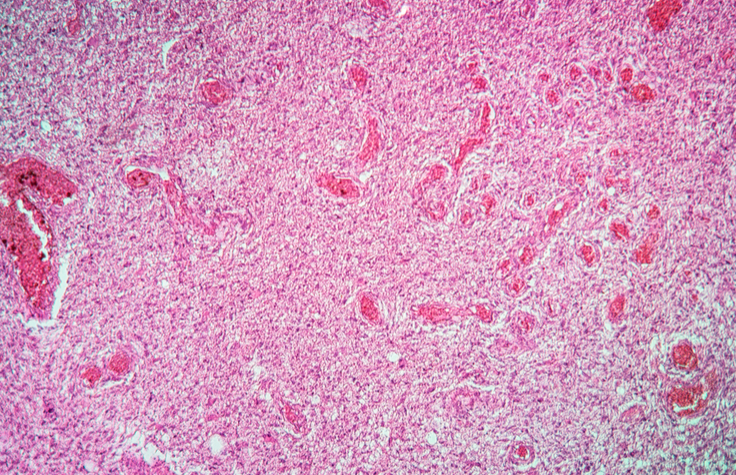
NGS and Methylation Arrays for Brain Tumor Studies
Se Hoon Kim, MD, PhD explains how combining NGS panels with methylation microarrays can deliver value in tumor characterization for clinical research.
Read Interview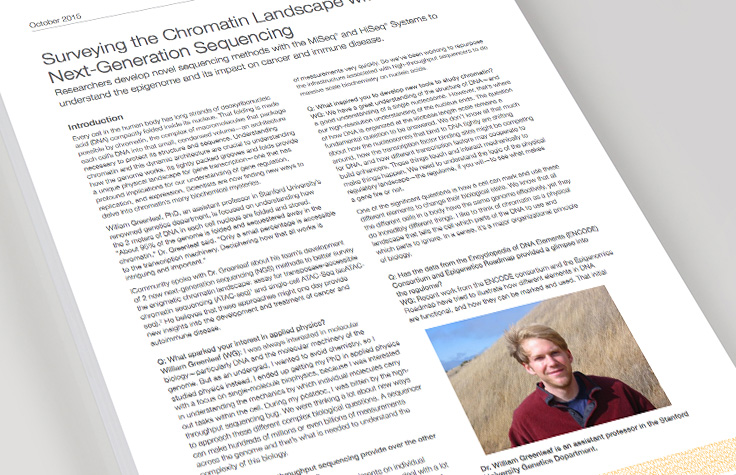
Surveying the Chromatin Landscape
An NGS method that maps open chromatin regions helps researchers gain a better understanding of the epigenome and its impact on cancer and autoimmune diseases.
Read Interview
The Genetic Basis of Oral Cancer
Researchers identify genomic alterations associated with a deadly oral cancer, including somatic and germline variants as well as changes in promoter methylation and transcription.
Read InterviewDetecting DNA-Protein Interaction Changes in Tumors
Altered transcription factor binding is another common epigenetic change linked to cancer. Chromatin immunoprecipitation sequencing (ChIP-Seq) can provide a genome-wide snapshot of DNA-associated protein activity in cancer vs. normal cells.
The method offers hypothesis-free insights into the regulation of gene expression. Deep sequencing enables detection of lower-abundance protein-DNA interactions often observed with transcription factors.
Learn More About ChIP-SeqSequencing the Cancer Epigenome
In episode 49 of the Illumina Genomics Podcast, Dr. Susan Clark discusses the role of epigenetics in cancer and human biology.
Featured Cancer Methylation Profiling Research Webinars
DNA Methylation Profiling and Meningioma Recurrence Risk
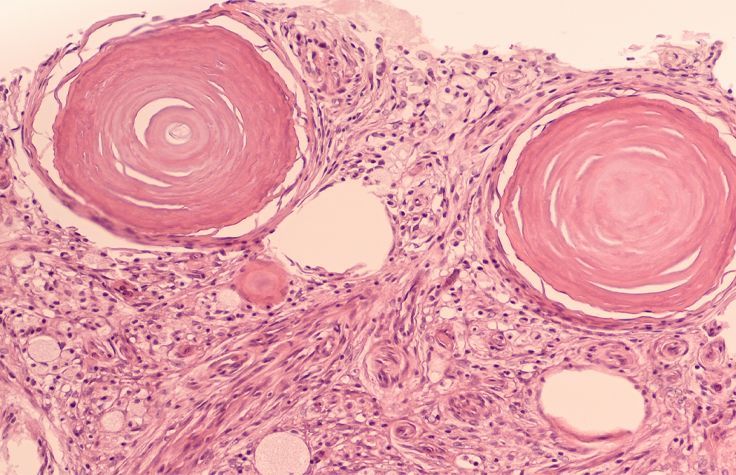
Dr. Gelareh Zadeh and Dr. Farshad Nassiri highlight transformative research using DNA methylation technology and methylome-based predictors to understand meningioma recurrence risk.
View WebinarDNA Methylation Classifiers for Brain Tumors and Sarcomas
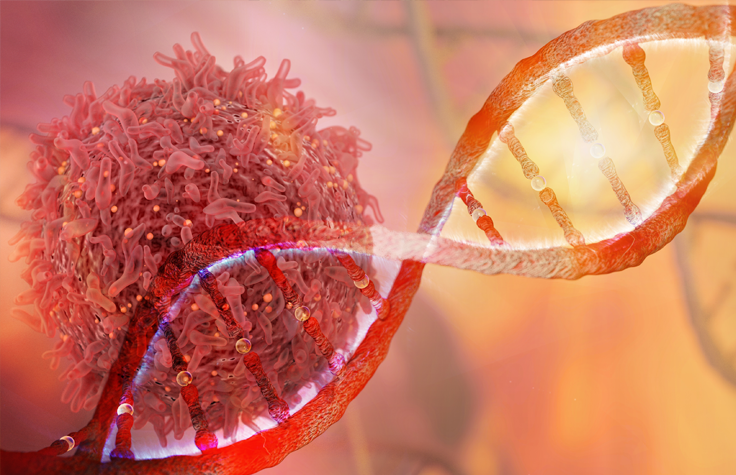
Dr. Matija Snuderl discusses his team's research into the use of machine learning and epigenetic signatures to improve the accuracy of solid tumor classifications, especially for brain tumors and sarcomas.
View WebinarCancer Epigenomics and a Cacophony of Gene Expression
In episode 21 of the Illumina Genomics Podcast, we discuss the epigenetics and epigenomics of cancer with Dr. Peter Scacheri, Professor of Genetics and Genome Sciences at Case Western Reserve University in Cleveland, Ohio.
Listen Now
Profiling Accessible Chromatin
The assay for transposase-accessible chromatin with sequencing (ATAC-Seq) involves sequencing regions of open chromatin across the genome. This information can provide insights into how chromatin packaging affects cancer gene expression.This method does not require prior knowledge of regulatory elements, making it a powerful epigenetic discovery tool.
Learn More About ATAC-Seq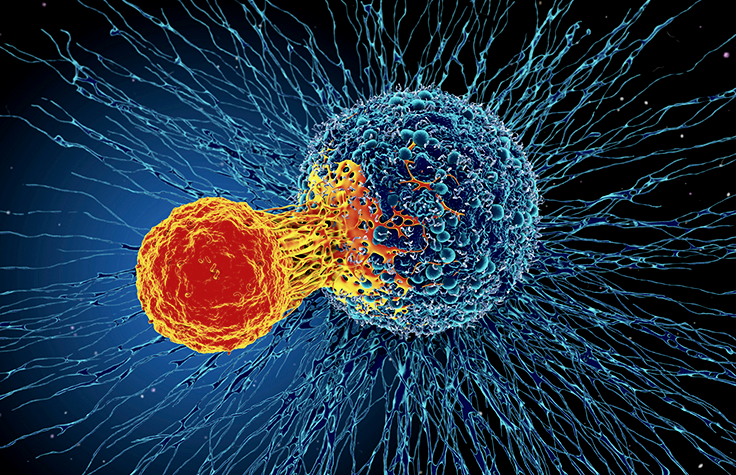
Epigenetic Analysis Products for Cancer Research
Infinium MethylationEPIC BeadChip Kit
- Microarray featuring expert-selected content
- Coverage of > 850,000 methylation sites per sample at single-nucleotide resolution
- FFPE compatibility
iScan Array Scanner
- High sample throughput
- Flexibility for multiple applications
- High data quality
- Automation compatibility
TruSeq Methyl Capture EPIC Library Prep Kit
- Targeted methylation sequencing
- Targets over 3.3 million CpGs. Interrogates biologically important methylome targets.
- 500 ng human genomic DNA input
Methylation Arrays in Brain Tumor Research
Professor Andreas von Deimling from the University of Heidelberg presents results using methylation arrays and NGS in neuro-oncology research. He shares his vision on how these analyses could be applied to develop brain tumor diagnostics in the future.
View Video
Key Cancer Epigenetics Publications
Study Reveals Decreased Average Methylation Levels Years Before Breast Cancer Diagnosis
A study of pre-diagnostic blood samples identifies epigenome-wide hypomethylation changes that may predict breast cancer risk.
Read PublicationThe Epigenetic Landscape of T Cell Exhaustion
This study identifies epigenetic patterns associated with T-cell exhaustion, and suggests potential future approaches for overcoming exhaustion in chimeric antigen receptor (CAR) T-cell immunotherapies.
Read PublicationProstate Cancer Epigenetic Biomarkers: Next-Generation Technologies
A review of recent epigenetic discoveries in prostate cancer, highlighting their potential as biomarkers for diagnosis, segmentation, and monitoring.
Read PublicationLearn More
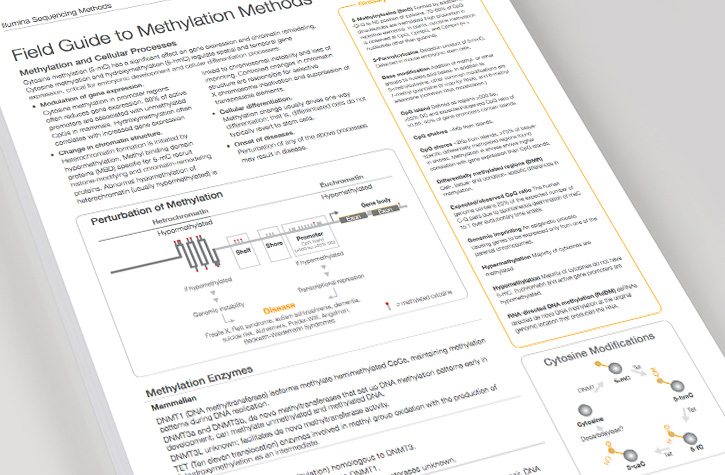
Field Guide to Methylation Methods
This overview of array- and sequencing-based methylation methods provides a useful resource for cancer epigenetics studies.
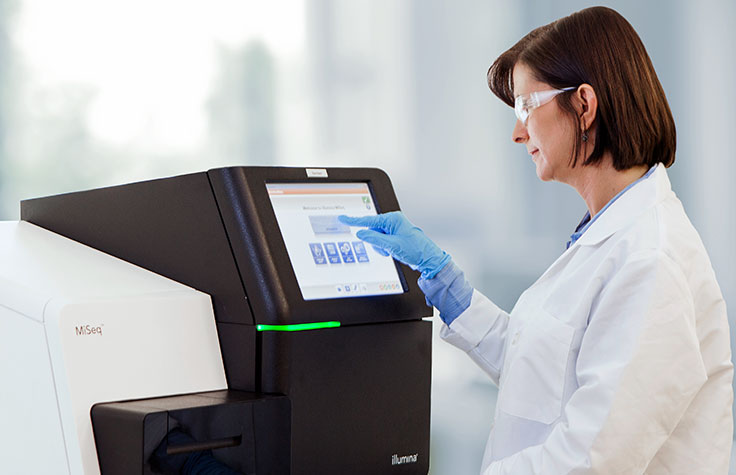
DNA Methylation Analysis
Compare methylation sequencing and microarray approaches, and determine the best strategy for your research.